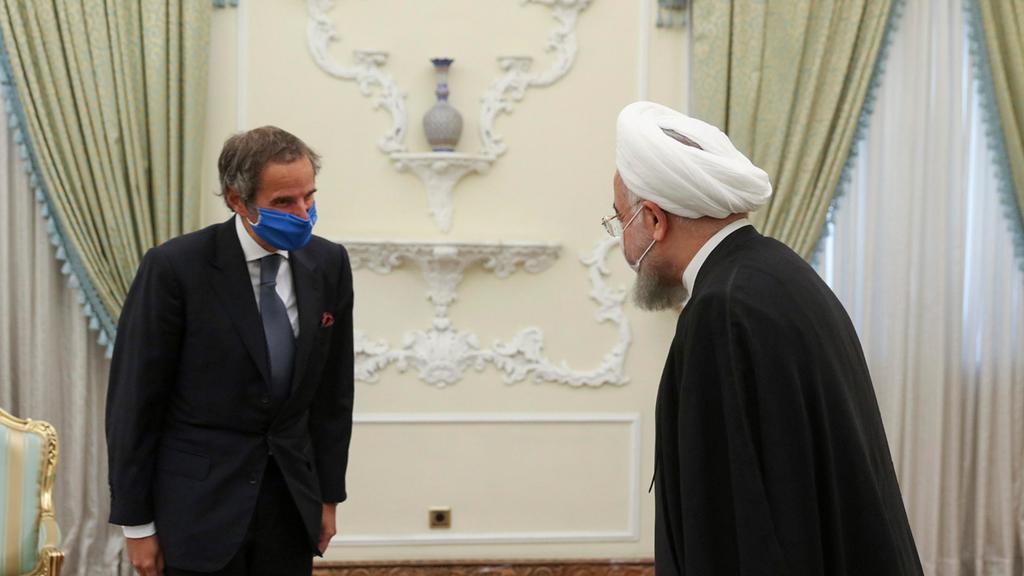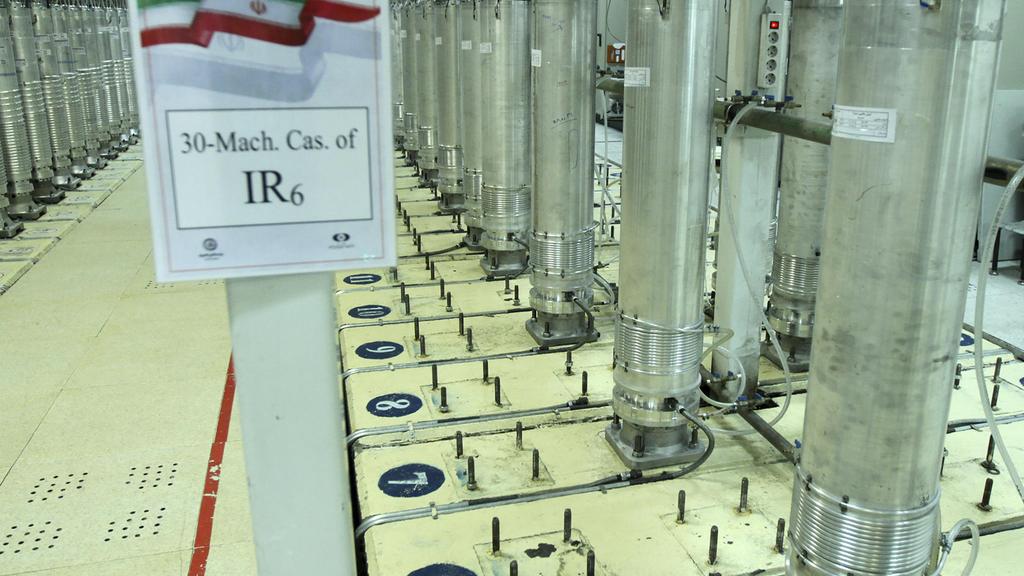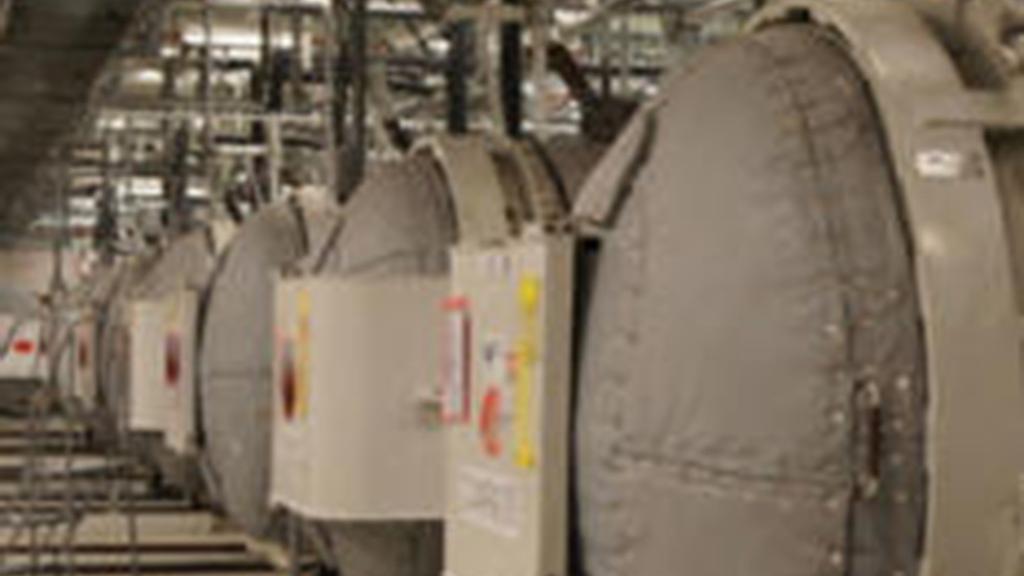Representatives of Iran and the world powers working to save the landmark 2015 nuclear deal with Tehran held talks Tuesday in Vienna in their first meeting since the United States announced a bid to restore United Nations sanctions against the Islamic Republic.
Heading into the quarterly meeting, Iranian representative Abbas Araghchi said the U.S. move will "definitely be an important discussion" in his talks with delegates from France, Germany, Britain, Russia and China.
President Donald Trump pulled the U.S. out of the so-called Joint Comprehensive Plan of Action unilaterally in 2018, saying that it was a bad deal and needed to be renegotiated.
The deal promises Iran economic incentives in exchange for curbs on its nuclear program, but with the reinstatement of American sanctions, the other nations have been struggling to provide Iran the assistance it seeks.
Complicating the matter, the U.S. announced recently it was triggering a 30-day process to restore virtually all U.N. sanctions on Iran, invoking a "snapback" mechanism that is part of the JCPOA agreement. Washington's argument is that as an original participant it still has that right, even though it left the deal.
Other signatories to the JCPOA agreement have rejected that argument, setting the stage for a potential crisis in the Security Council later this month, with the U.S. claiming to have re-imposed sanctions and most of the rest of the world saying the Trump administration's action is illegal and ignoring it.
The Russian delegate to the JCPOA, Mikhail Ulyanov, took a swipe at the U.S. ahead of the meeting, tweeting that Tuesday's talks involved "participation of all (not self-proclaimed) participants of the nuclear deal."
The ultimate goal of the deal is to prevent Iran from developing a nuclear bomb, something Iran insists it does not want to do.
However, since the U.S. withdrawal, Iran has been steadily violating its restrictions on the amount of uranium it can enrich, the amount of heavy water it can possess, and the purity to which it enriches its uranium. That's all to put pressure on the other nations involved to come ahead with more economic incentives.
It now has enough enriched uranium to make a bomb, but nowhere near the amount -- or the purity -- it had before the nuclear deal was signed.
Those working to save the deal also note that despite the violations, Iran continues to allow inspectors from the International Atomic Energy Agency to access all sites in the country.
Last week, Iran held out an olive branch to end one issue of contention, agreeing to allow IAEA inspectors into two sites where the country is suspected of having stored or used undeclared nuclear material in the early 2000s.
Iran had insisted the agency had no right to inspect the sites, since they dated to well before the JCPOA came into effect.




